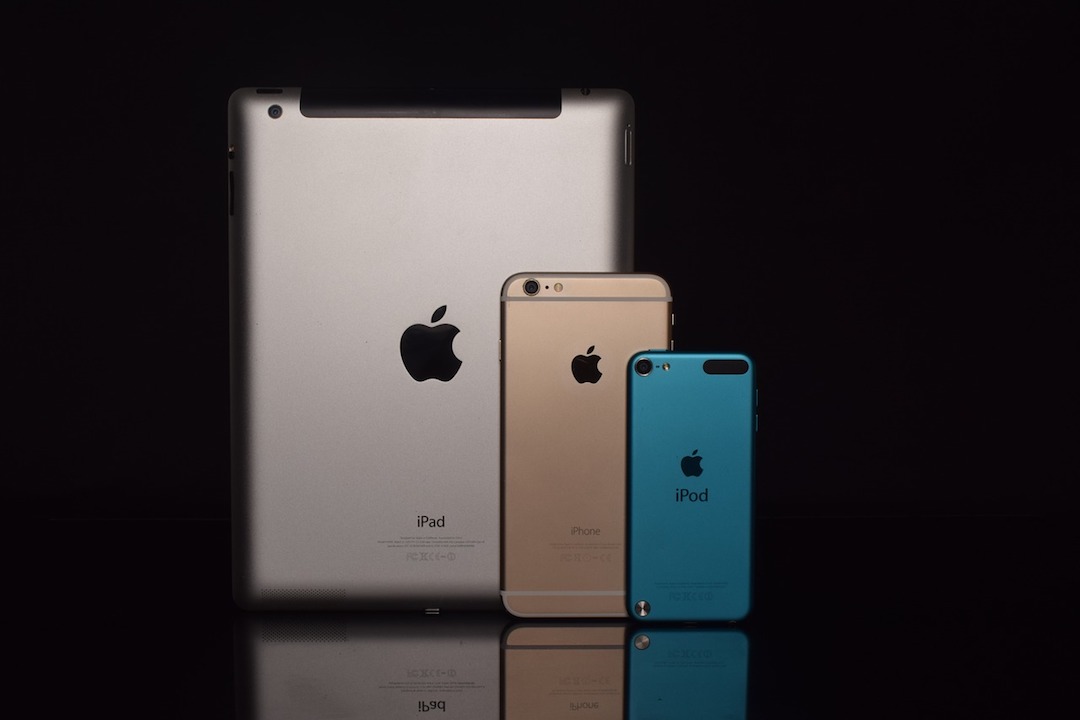 For years we’ve been advised that content is king, but is it really? Today the newsfeeds on everyone’s social networks are crowded with posts that go racing by to the bottom of the page and beyond. Once they are off the page, they are out of sight and out of mind. As our friend who works in social media puts it, “Social media is not logical, it’s chronological!”
For years we’ve been advised that content is king, but is it really? Today the newsfeeds on everyone’s social networks are crowded with posts that go racing by to the bottom of the page and beyond. Once they are off the page, they are out of sight and out of mind. As our friend who works in social media puts it, “Social media is not logical, it’s chronological!”
Content that has merit and real value, what we call “news you can use,” is now referred to as “rich” content. For years, we have been told to write rich content on a regular basis, and use the search words that are the most requested in Google searches for our areas of expertise. But those rules have changed. Now it’s about shares, re-tweets, and links.
The newsfeed itself is the culprit. The best chance you have of getting your content read is if folks are monitoring their feed 24-7 to see yours go by. With the dramatic increase in posts and reposts from thousands of new sources, the speed at which posts fly by has become unmanageable. Sure, you can sort the posts by the authors you want to read, but if you are unfamiliar with the author, they are summarily sorted out of your feed.
Today what is called “rich content” is being progressively out-shouted by the noise made by “excessive content.” Rich, relevant, and valuable content is quickly lost in the newsfeed due to the sheer number of posts.
In the days before social media, we received the news through newspapers, radio, and television. Editors decided the relative importance and value of the news they released. Some of us like to think we have overthrown a kind of corrupted information aristocracy that was somehow empowered to pick and choose only what they wanted us to see. That may be true, but there were several advantages then that ultimately kept content as king.
One advantage of the “old” system was that someone was actually reviewing the newsfeed 24-7. Another was that because it was physical and in print, it was stationary and long-lived. We could scan the printed newspaper for what we found interesting and, more importantly, discover new valuable content that we weren’t even looking for.
But now we are the ones reviewing the newsfeed, at least whatever goes by when we are looking at it. We think we have gained “control” over what we choose to see. The problem is, we miss most of it because we just aren’t looking when it flies by! If an author tries to beat the system with multiple posts per day, we can ban them from our feed. But how about those serious gems that gets lost? It’s not their content that gets your attention any more, it’s whether you saw it at all.
Most working people simply don’t have time to monitor their feed on a regular basis. So now, in the brave new world of democratic information, it’s whoever posts the most gets noticed the most, and not necessary whomever has the richest content.
You can’t expect that the high quality of your information will somehow be discovered on its own merits. It may take years, and the algorithms that rank its value can change monthly.
No wonder sites with cute kitten videos get higher rankings than those working on anti-gravitation or longevity.



